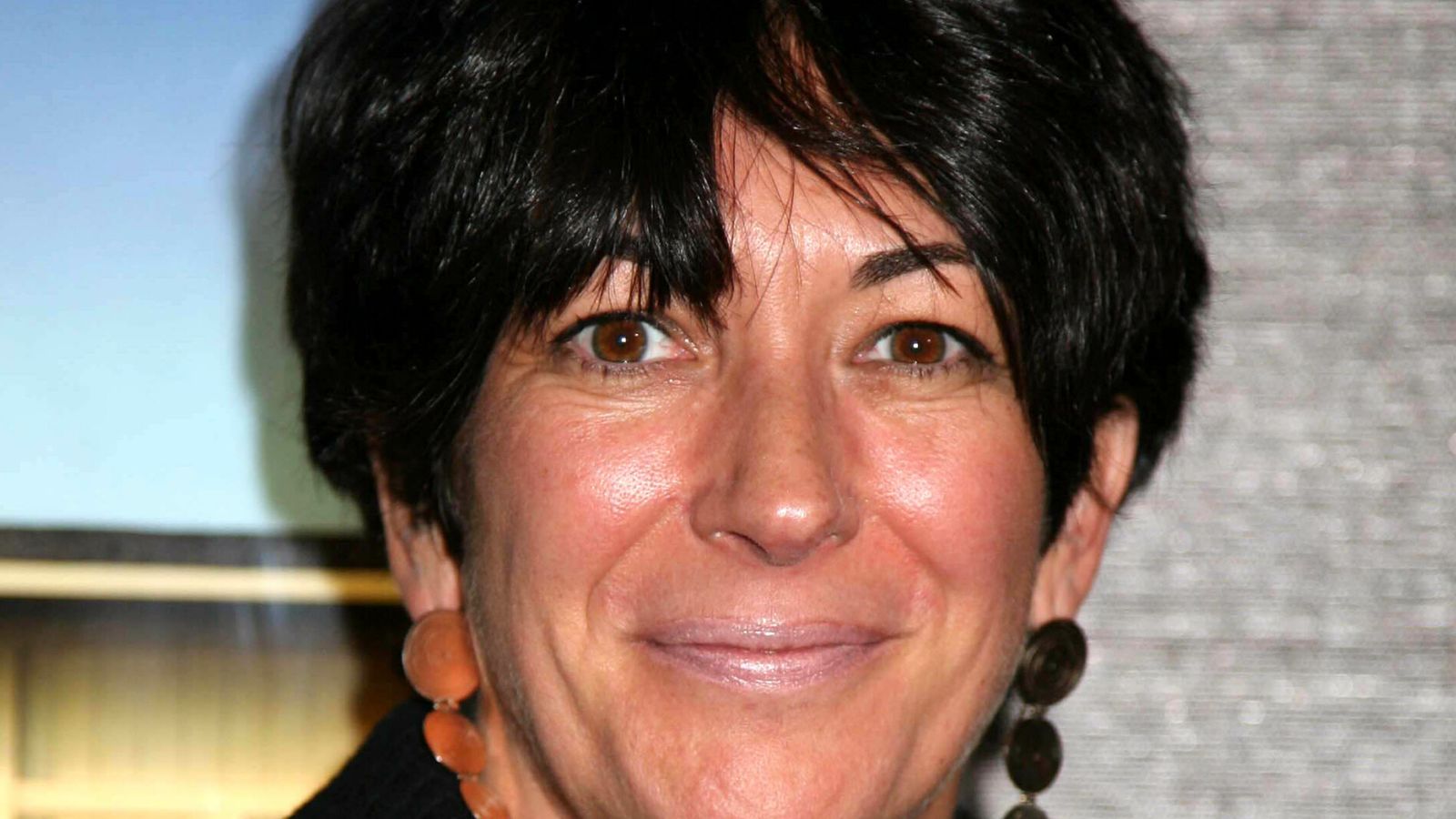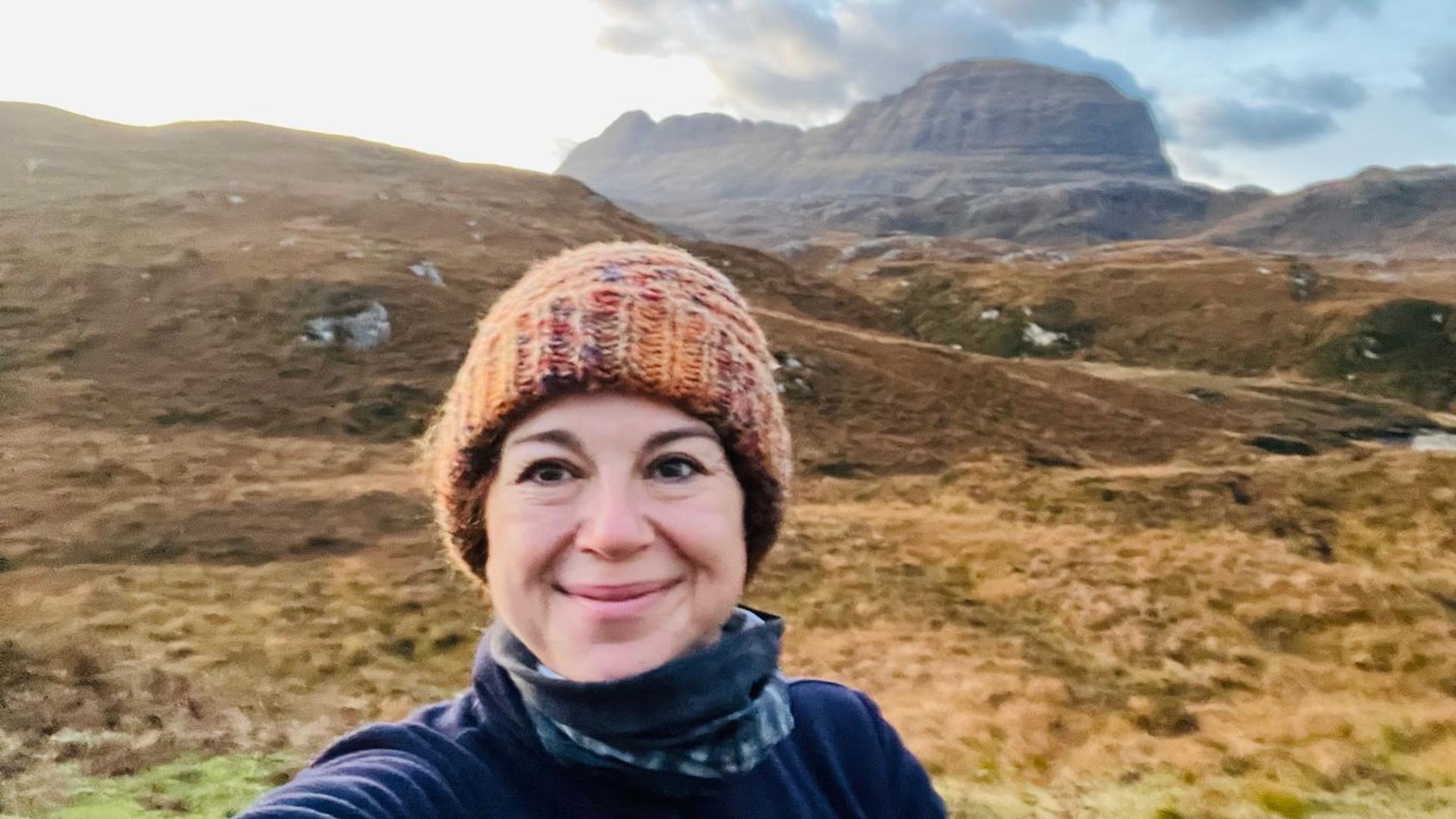Ghislaine Maxwell will be sentenced on Tuesday following her conviction on five counts of sex trafficking.
The 60-year old, a friend of presidents and princes, was found guilty in December of grooming and recruiting vulnerable underage girls for wealthy paedophile Jeffrey Epstein to sexually abuse in the 1990s and early 2000s.
The victims
Mr Epstein abused girls as young as 14 at his mansions in New York, Florida, New Mexico and on his private Caribbean island, Little St James, dubbed ‘Paedophile Island’ by locals.
Four victims gave evidence at Ms Maxwell’s trial but six are due to speak at the sentencing hearing about the impact of the abuse. They include Virginia Giuffre, Prince Andrew’s accuser, as well as Annie Farmer, ‘Kate’, Teresa Helm, Sarah Ransome and Elizabeth Stein.
Some lawyers estimate more than 160 women and girls may have been victims of Jeffrey Epstein.
The sentence
Ms Maxwell’s lawyers argue that between four years three months and five years three months would be an appropriate punishment.
The US probation service has recommended a 20 year sentence. This would lead to Ms Maxwell leaving prison in her late seventies. She has already spent almost two years in a federal detention centre.
Government prosecutors are pushing for Ghislaine Maxwell to be sentenced to between 30 and 55 years which would mean she would likely die in jail.
It is up to Judge Alison Nathan, who presided over the trial, to decide on a prison term.
The prison
Since her arrest in July 2020, Ghislaine Maxwell has been housed in Brooklyn’s notorious Metropolitan Detention Center. Moving her to another facility is likely to be a priority for her legal team.
They argue their client has been subjected to “discriminatory and punitive” treatment, including solitary confinement, “unjustified sleep deprivation” and “excessive” strip searches where Ms Maxwell’s “breasts and genitalia were touched in a rough and reckless manner”.
Ghislaine Maxwell’s lawyers claim her weight has dropped by 20lbs (9kg) and she has suffered hair loss.
The court has no jurisdiction over where she is incarcerated. Instead it is up to the Bureau of Prisons, an organisation which Ms Maxwell’s lawyers have been publicly complaining about for months.
It is possible they will push for her to be transferred to a low-security women’s prison at Danbury, Connecticut, the setting for the TV series Orange Is The New Black.
The defence case: 4.25 to 5.25 years
Ghislaine Maxwell intends to appeal her conviction post-sentencing, which significantly restricts what arguments her legal team can offer in mitigation. There will therefore be no apology for her role in the sex-trafficking of young women because she still maintains her innocence. This is a high risk strategy and may backfire.
In a 77-page submission Maxwell’s lawyers avoid exploring her relationship with billionaire paedophile Jeffrey Epstein.
Instead they rehash arguments from the trial claiming that their client has already had her life destroyed, been subjected to a media witch-hunt, and is being punished for Mr Epstein’s crimes
They also focus on her difficult childhood, writing that she was “anorexic while still a toddler” and was physically and emotionally abused by her father, the disgraced media owner Robert Maxwell.
In court documents, Ms Maxwell’s lawyers argue that Mr Maxwell would “explode, threaten and rant at” his children and use corporal punishment. They recount an incident where Robert Maxwell struck his daughter’s hand with a hammer leaving it “severely bruised and painful for weeks”.
Ms Maxwell has no prior criminal convictions.
The prosecution case: 30 to 55 years
The US government rejects Ghislaine Maxwell’s claim that she is being punished for Mr Epstein’s crimes as “both absurd and offensive”, arguing she was instrumental and as part of a “disturbing agreement” she “identified, groomed, and abused multiple victims”.
“[Maxwell] made the choice to conspire with Epstein for years, working as partners in crime and causing devastating harm to vulnerable victims,” they write.
‘Jane’, a victim who gave evidence at the trial, was 14 years old when she was first abused.
In a 55-page submission, prosecutors accuse Ms Maxwell of failing to address her offences and displaying an “utter lack of remorse”.
They write: “Instead of showing even a hint of acceptance of responsibility, the defendant makes a desperate attempt to cast blame wherever else she can.”
Claims Ms Maxwell has been mistreated in prison are “inaccurate” according to the government. “In fact”, they say, “the defendant has enjoyed remarkable privileges as a high-profile inmate that vastly exceed the benefits accorded to the average inmate”.










